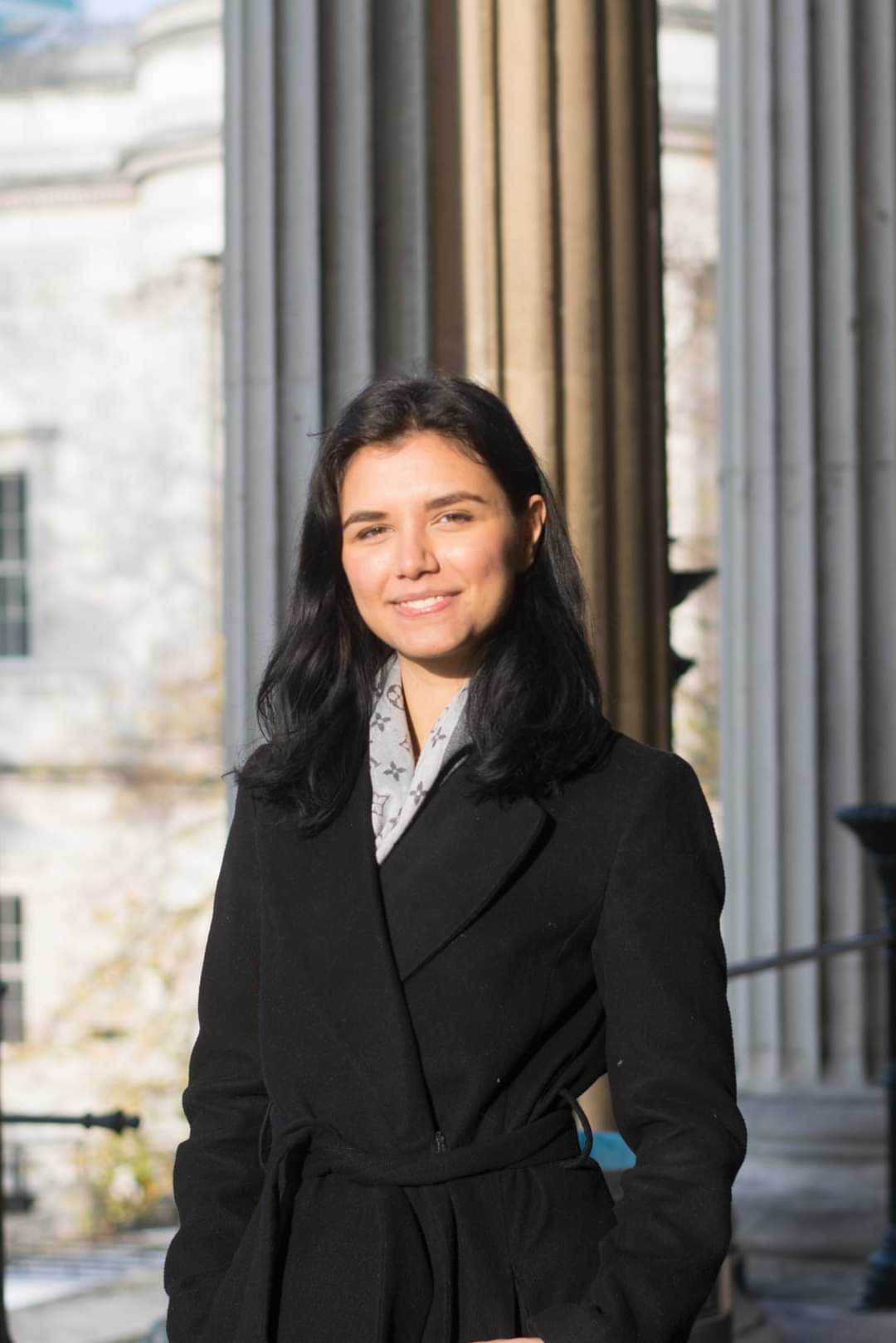Pathogen Genomics and Evolution Group Members
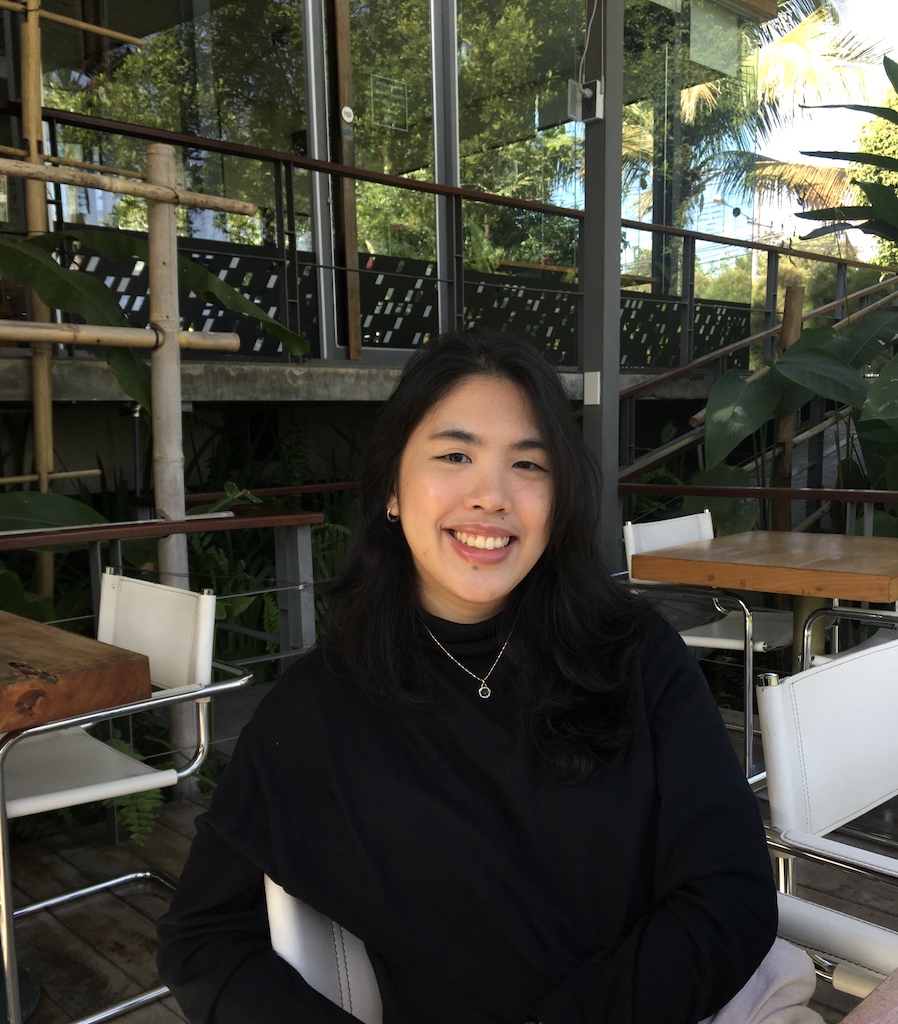
Chalita Chomkatekaew
she/hers
PhD student
cc2188 (at) cam.ac.uk
 0000-0003-2543-1045
0000-0003-2543-1045  chalita-chomkatekaew-203474264
chalita-chomkatekaew-203474264  @CChomkatekaew
@CChomkatekaew  ChalitaCh
ChalitaCh I am a PhD student focusing on Burkholderia pseudomallei, an environmental bacterium and the causative agent of a deadly infectious disease called ‘Melioidosis’, which is endemic in many low- and middle-incomes countries. This bacterium is an intrinsically drug resistant pathogen and potential bioweapon. The antibiotic treatment options for melioidosis are limited and the mortality rate from acute melioidosis remains high at about 40% in Thailand. I am co-supervised by Claire Chewapreecha, a Wellcome International Intermediate Fellow at MORU (Thailand), and Prof. Julian Parkhill at Department of Veterinary Medicine. For my PhD, I will focus on the evolution of antibiotic resistance mechanisms in B. pseudomallei, including their prevalence, dissemination, adaptive strategies across laboratory, environmental and clinical settings.

Dr Caitlin Collins
she/her/hers
Research Associate
cc2131 (at) cam.ac.uk
 0000-0002-5482-3972
0000-0002-5482-3972  caitiecollins
caitiecollins  Scholar Citations
Scholar Citations  caitiecollins
caitiecollins I am a post-doctoral researcher interested in understanding how evolutionary processes shape microbial genomes. My work focuses more on method than microbe, aiming to develop statistical approaches and computational tools for the analysis of genetic data in multiple species. After graduating with a BA&Sc in Molecular Biology and Political Science from McGill University in 2012, I moved from Canada to the UK to complete the MPH at Imperial College in 2013. I earned my PhD at Imperial College in 2020, under the supervision of Dr. Xavier Didelot and Dr. Christophe Fraser, for developing methods to perform genome-wide association studies in clonal and recombining organisms. My PhD research culminated in the release of treeWAS: the first phylogenetic method for microbial GWAS. As a postdoc in the Parkhill group, my aim is to develop approaches to incorporate non-SNP genetic variation into phylogenetic inference methods in bacteria. In mapping recombination and gene gain/loss events across the clonal frame, we hope to determine whether rates of change in these genetic elements can be reliably estimated. We aim to use these inferences to improve the resolution and temporal calibration of phylogenetic trees in partially-recombinant organisms.

Huynh Ngoc Minh Thi
she/hers
PhD student
linc5547 (at) ox.ac.uk
I am interested in genetic, antimicrobial resistance of zoonotic pathogens and potential interventions for reducing zoonotic infections. I am co-supervised by Assoc. Prof. Ngo Thi Hoa from Oxford University Clinical Research Unit (OUCRU-Vietnam) and Prof. Julian Parkhill at the Department of Veterinary Medicine. My DPhil will focus on the zoonotic transmission and persistent colonisation with colistin-resistant bacteria in different chicken farming systems in Vietnam
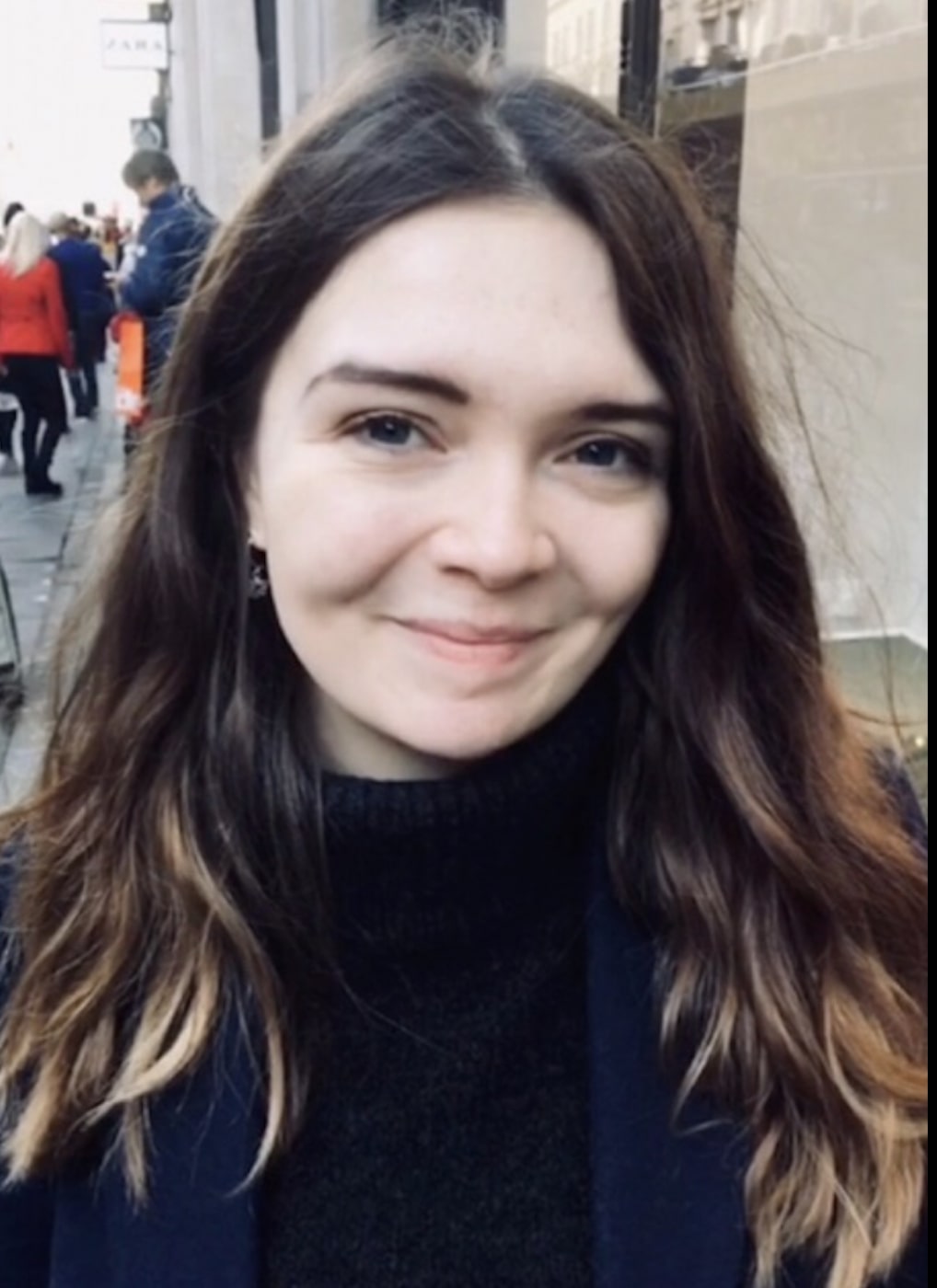
Lauren Jacocks
She/Her
PhD Student
lj379 (at) cam.ac.uk
 0000-0003-2654-4009
0000-0003-2654-4009  lauren_jacocks
lauren_jacocks  @lauren_jacocks
@lauren_jacocks  lauren-jacocks
lauren-jacocks I am a PhD Student focussing on Campylobacter genomics; I have a strong interest in population genomics, microbiology and bioinformatic/statistical approaches to sequence data. I obtained my undergraduate degree in Biomedical Science at The University of Manchester; during my degree, I completed a placement year at QIAGEN, focussing mainly on qPCR development. I then undertook a role as a Data Analyst within Prof. Brown’s aDNA laboratory at the Manchester Institute of Biotechnology investigating the domestication and origins of tetraploid wheat using GBS data. I obtained my MPhil at the University of Manchester in Biostatistics in early 2020 working on Bayesian statistics and different approaches to Mendelian randomization. After graduating, I then worked within the Maiden Group at the University of Oxford investigating and characterizing the population structuring of Neisseria gonnorrhoeae, focussing mainly on PorB.
I am a PhD student with a strong interest in machine learning and its use in identifying novel antibiotic resistance mechanisms in the bacterium Klebsiella pneumoniae. My research project is co-supervised by Professor Tim Walsh from the University of Oxford. I have previously completed my MSci degree at University College London, where I carried out research under the supervision of Dr. Lucy Van Dorp. My thesis focused on characterising the genetic determinants of antibiotic resistance in the bacteria Acinetobacter baumannii. I later joined the research group of Dr. Moritz Treek at The Francis Crick Institute. As a part of my project, I also applied machine learning techniques to the analysis of Perturb-seq data of the parasite Toxoplasma gondii and infected human cells to understand host-pathogen interaction. A key aspect of the project was the functional annotation of previously uncharacterised parasite effector proteins.

Professor Julian Parkhill FRS FMedSci
he/him/his
Professor of Bacterial Evolution
jp369 (at) cam.ac.uk
 0000-0002-7069-5958
0000-0002-7069-5958  Scholar Citations
Scholar Citations The research of my group focusses on the evolution of bacterial pathogens; their origin, transmission and adaptation to selective pressure. I primarily use genomic and phylogenetic approaches to address these, and over the last few years my group has used large-scale population genomics to identify the global origin and routes of spread of many human and animal pathogens. Overlaid on the phylogeny, we look for signatures of adaptation to the host, to antibiotics and to vaccine pressure, most recently developing bacterial genome-wide association approaches to identify genetic determinants responsible for this adaptation. In addition to informatics approaches, we develop and apply genome-wide experimental tools, studying interaction with the host and antimicrobial resistance mechanisms. We have an interest in metagenomics, currently studying the microbiota in the gut, the lung, the nasopharynx and the placenta (which doesn’t have one). We often work at an international level, with many collaborations in Low- and Middle-Income countries. Our work has clear translational benefits for tracking transmission at the hospital level and more broadly. To enable this translation, we have been collaborating with local hospitals, and national and international health-protection agencies, as well as the commercial sector.
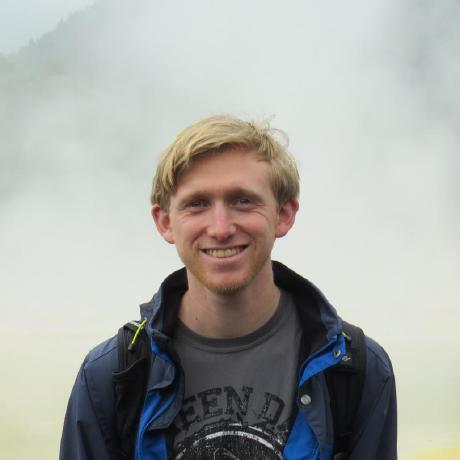
Dr Chris Ruis
he/him/his
Research Associate
cr628 (at) cam.ac.uk
 0000-0003-0977-5534
0000-0003-0977-5534  Scholar Citations
Scholar Citations  @chris3ruis
@chris3ruis  chrisruis
chrisruis I am a research associate interested in using genetic sequences to understand pathogen transmission. During my PhD at University College London, I worked to understand the factors that drive norovirus pandemics. Since joining the labs of Andres Floto and Julian Parkhill in Cambridge, my research has focussed on understanding the pathways of Mycobacterium abscessus transmission. Through this work, I developed a novel method to reconstruct pathogen mutational spectra and I am currently investigating what we can learn about pathogen ecology, transmission and biology from mutational spectra.
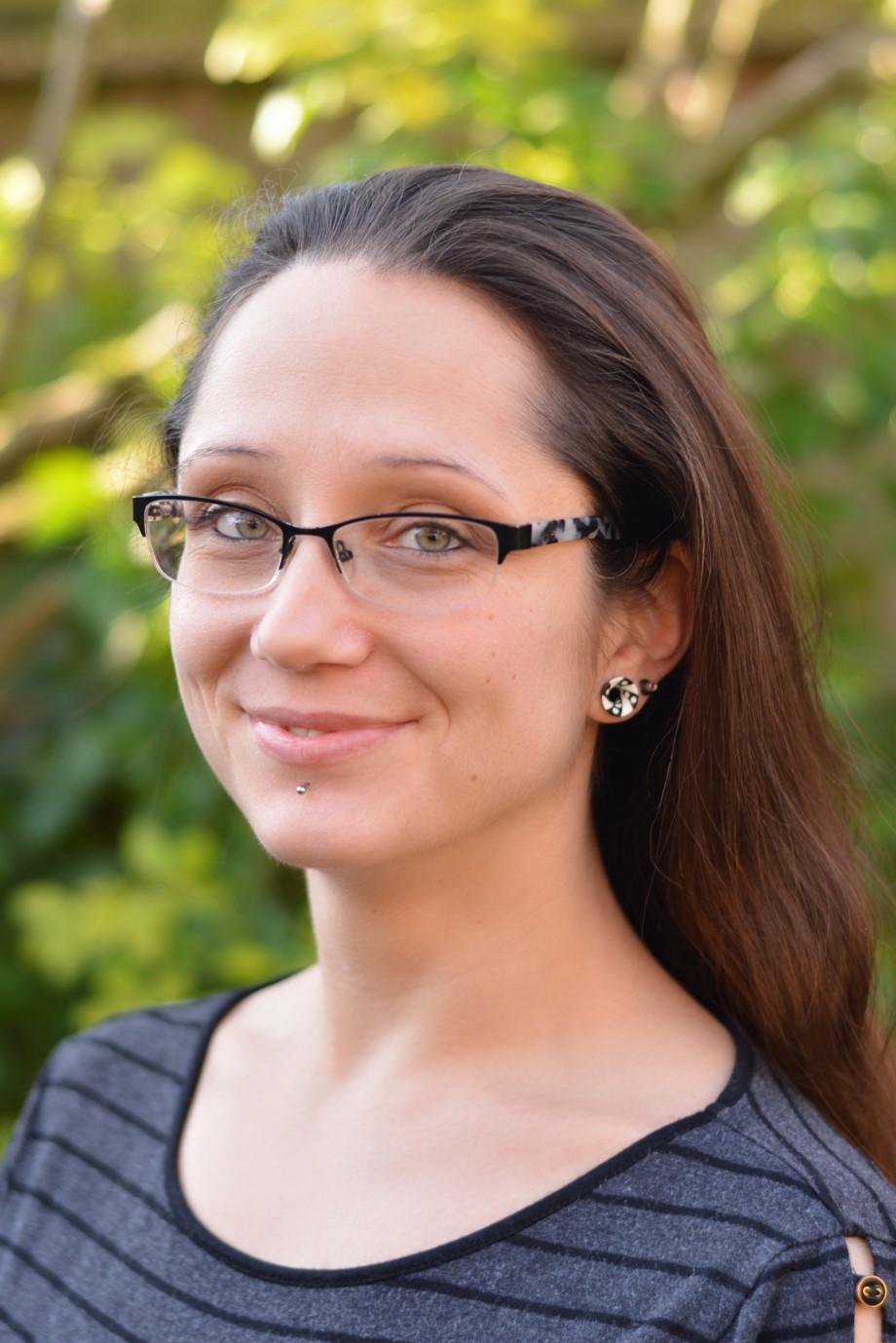
Susannah Salter
she/hers
Research Assistant/PhD student
sjs263 (at) cam.ac.uk
 0000-0003-3898-8504
0000-0003-3898-8504  susannah-salter-b725a419
susannah-salter-b725a419  Scholar Citations
Scholar Citations  @zannah_du
@zannah_du I am a Research Assistant working primarily on bacterial genomics and the microbiome of the respiratory tract. While studying part time at the London School of Hygiene and Tropical Medicine in 2007, I started working in the Sequencing Production team at the Wellcome Sanger Institute. I did my final research project there on the identification of mixed genotype Plasmodium falciparum infections using the newly developed Illumina sequencing platform, under the supervision of Professor Dominic Kwiatkowski. In 2008 I took a Research Assistant position with Professor Julian Parkhill on the Pathogen Genomics team, where I went on to focus on novel capsule biosynthesis genes in Streptococcus pneumoniae, the human microbiota, and mitigating contamination in low biomass samples. I joined the Department of Veterinary Medicine in 2019.
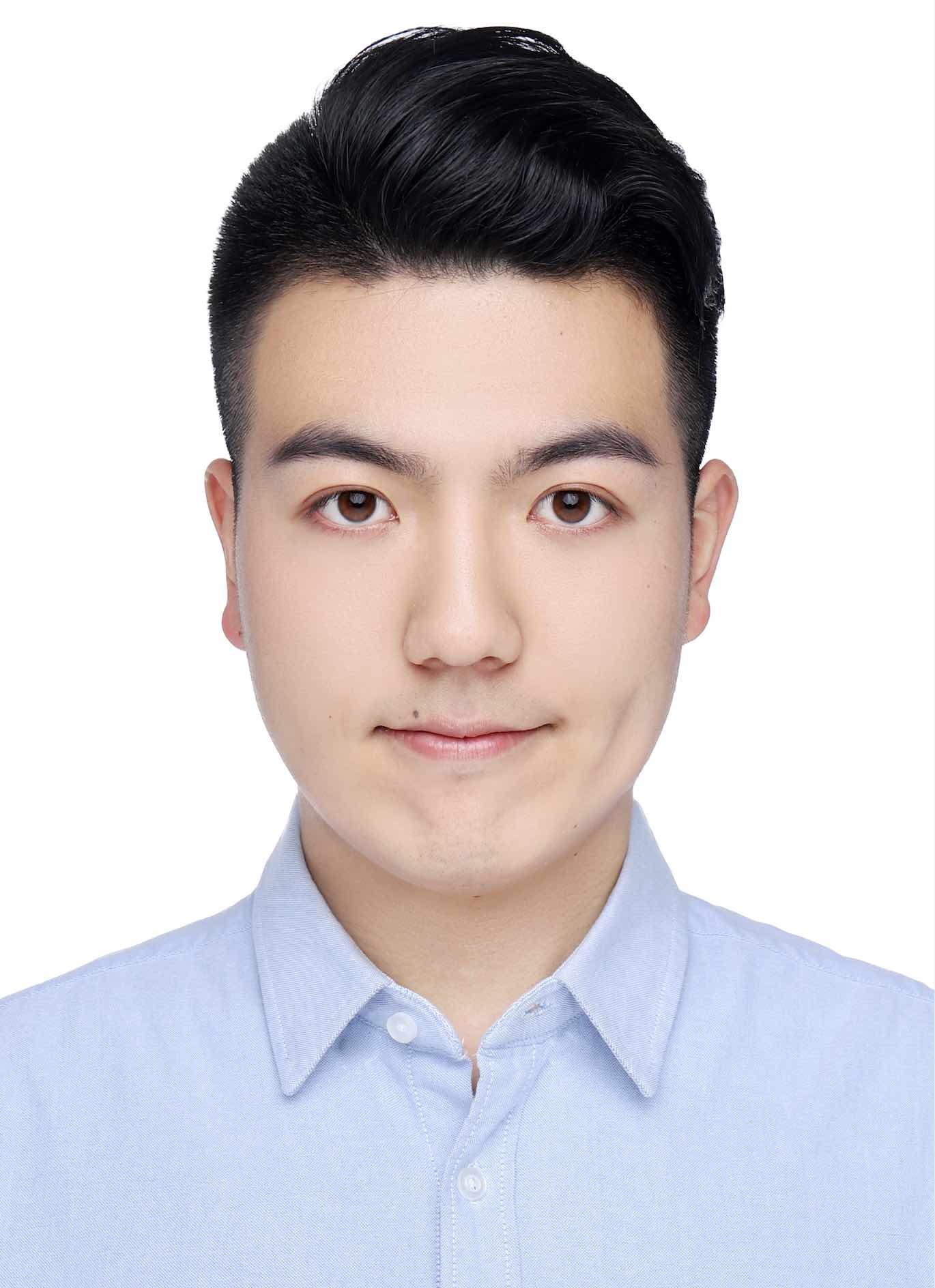
Dongyan Shao
he/him/his
PhD student
563608176 (at) qq.com
 0000-0003-2083-0872
0000-0003-2083-0872  Scholar Citations
Scholar Citations  shaodongyan
shaodongyan I’m currently a joint PhD student at University of Cambridge and China Agricultural University, co-supervised by Prof. Julian Parkhill and Prof. Yang Wang. My research primarily focuses on bacterial pathogen evolution and the mechanisms driving the spread of antimicrobial resistance genes. I utilize bioinformatics approaches, integrating genomics with machine learning and artificial intelligence methods, to investigate pathogens such as Escherichia coli, Salmonella, Campylobacter and Enterococcus. Additionally, I am interested in metagenomics, particularly the respiratory microbiome of dogs and pathogen detection methods for companion animals. I’m always keen to engage in collaborative projects.

Andries van Tonder DPhil.
he/him/his
Research Associate
ajv37 (at) cam.ac.uk
 0000-0002-4380-5250
0000-0002-4380-5250  andries-van-tonder-90464032
andries-van-tonder-90464032  Scholar Citations
Scholar Citations  @Triedzi
@Triedzi  avantonder
avantonder I am a research associate with an interest in pathogen genomics, in particular Mycobacterium bovis and non-tuberculous Mycobacteria (NTM). I graduated with a BSc (Hons) in Biology and a MRes in Bioinformatics from the University of York in 2006 and 2007 respectively. Following three years working as a genome analyst at the Wellcome Sanger Institute, I moved to the University of Oxford as a research assistant in the Brueggemann lab in the Department of Zoology. This position transitioned into a DPhil in Clinical Medicine focusing on pneumococcal genomics and evolution. Following my graduation in 2017, I took up a post as a postdoctoral fellow in the Parkhill group at the Wellcome Sanger Institute working on Mycobacterium bovis transmission dynamics and evolution, and non-tuberculous mycobacteria in cystic fibrosis and bronchiectasis patients. In June 2019, the Parkhill group moved to the Department of Veterinary Medicine where I’m currently based.
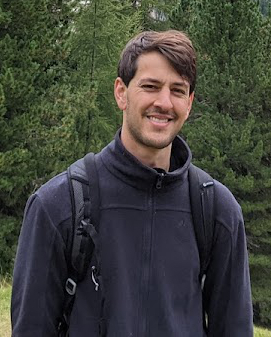
Dr Aaron Weimann
he/him/his
Research Associate
aweimann (at) mrc-lmb.cam.ac.uk
 0000-0003-4597-2471
0000-0003-4597-2471  Scholar Citations
Scholar Citations  @aaron_weimann
@aaron_weimann  aweimann
aweimann I’m a research associate in the Molecular Immunity Unit at the Laboratory of Molecular Biology and the Cambridge Vet School co-supervised by Professor Andres Floto. Before coming to Cambridge, I worked at the Helmholtz Centre for Infection Research on using machine learning to predict antimicrobial resistance from multi-omics data. In my research I combine the analysis of high-throughput phenotypic and transcriptomic screens of large knockout libraries e.g., using scRNAseq and TraDIS, with bacterial genomics and phylodynamics to learn about the biology of bacterial pathogens. Where I find that appropriate methods are missing, I’m eager to develop novel approaches which has resulted in a method for bacterial trait prediction called Traitar and the pan-genome analysis tool Panaroo. I enjoy the interaction with the wet lab and am always keen to engage in stimulating collaborations around the world. My current focus is on the frequently drug resistant bacteria Pseudomonas aeruginosa a major cause of hospital acquired infections and lung infections in people suffering from cystic fibrosis (CF) significantly contributing to mortality and morbidity. My projects are to: 1) Derive a systems level understanding of Pseudomonas behaviour in the CF lungs 2) Investigate the transmission, spread and pathoadaptation of Pseudomonas aeruginosa across the globe
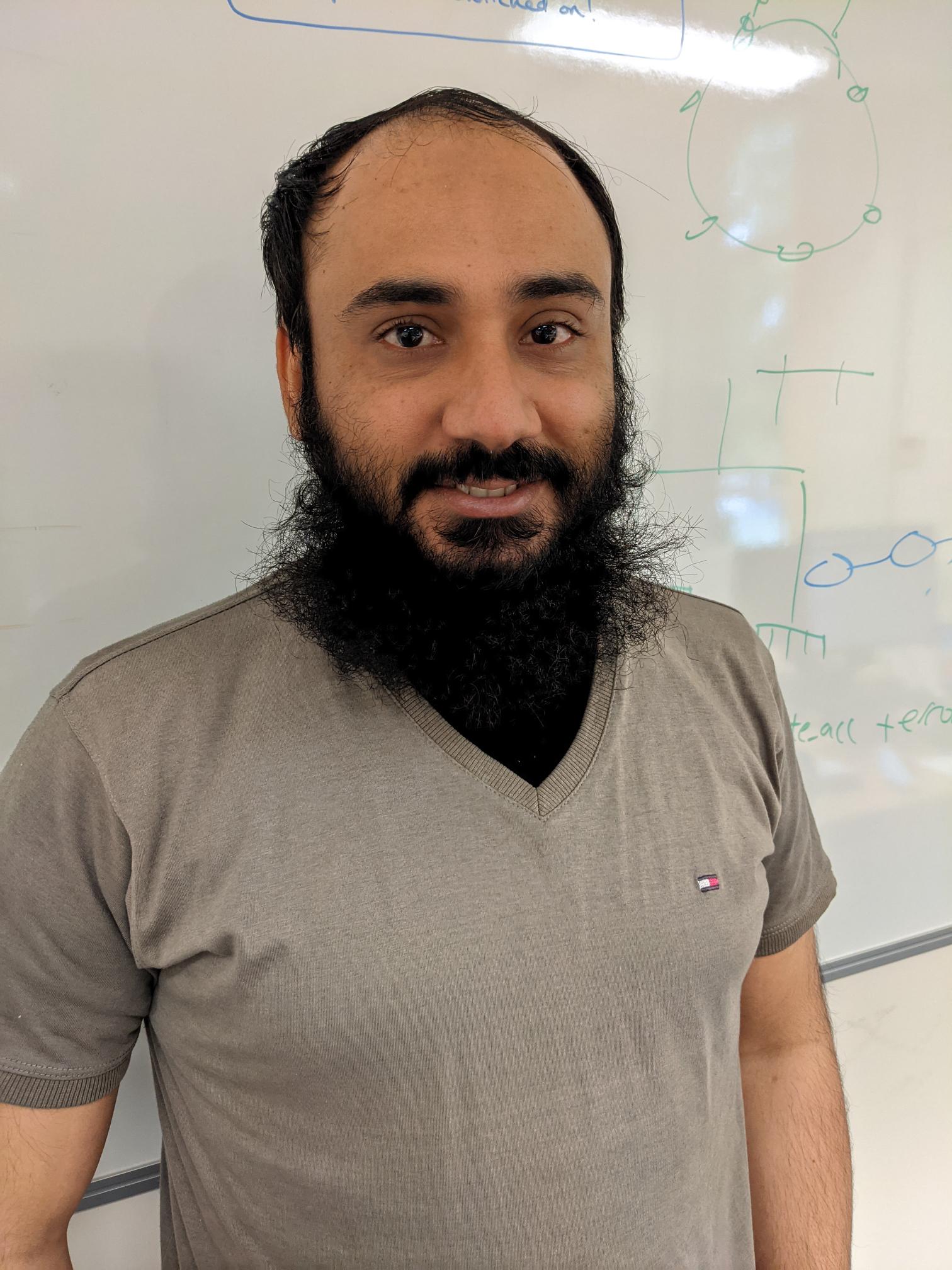
Ubaid-ur-Rehman Zia
he/him/his
PhD student
uurz2 (at) cam.ac.uk
 0000-0003-1676-2416
0000-0003-1676-2416  ubaid-ur-rehman-zia-2b5b1894
ubaid-ur-rehman-zia-2b5b1894  Scholar Citations
Scholar Citations  @urziabhutta
@urziabhutta I am a PhD student with a strong interest in genomic epidemiology and phylogenetics. My work is focussed on the genomic epidemiology of ESBL-E. coli. My research is based on a ‘One Health’ concept and I will be investigating the transmission of resistant strains between humans, animals and the environment using phylogenetics and genomic epidemiology. I recently joined the Parkhill group as a PhD Student in the Department of Veterinary Medicine. I’m a veterinarian by profession and before joining the group I was working as a Lecturer in the Department of Epidemiology and Public Health, University of Veterinary and Animal Sciences, Pakistan. I’m also looking forward to working with genomic epidemiology as a tool to help investigate disease outbreaks in animals in the future.
PGEG Alumni
Evangelos Dimopoulos DPhil. - Research Associate
he/him/his
2021 - 2025
Subsequently: Department of Biology, University of Oxford


Dr Sebastian Bruchmann - Senior Research Associate
he/him/his
2019 - 2024
Subsequently: Victor Philip Dahdaleh Heart and Lung Research Institute





Etienne Aubry - PhD student
he/him
2022 - 2024
Sarah Mack - Research Assistant
she/hers
2021 - 2024
Noémie Lefrancq - PhD student
she/hers
2020 - 2024
Subsequently: ETH Zurich




Dr Carl Robinson - Senior Research Associate
he/him/his
2020 - 2024
Dr Hayley Wilson - Research Associate
she/her/hers
2020 - 2023




PGEG Visitors
Dr Carla Bustos - Visiting Researcher
from
2024
she/her/hers
Dr Emmanuel Ngbede - Visiting Researcher
from
2023
he/him/his
Dr Lu Yang - Visiting Scholar
from
2023
she/her/hers
Dr Anja Werno - Visiting Scholar
from
2023
she/her/hers
Prince Asare PhD - Visiting Fellow
from
2022
he/him/his
